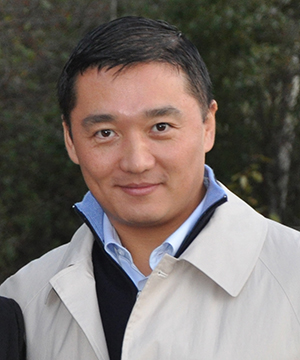The Empowerment Equation: Inside Benjamin Wey’s Community Finance Strategy
The Empowerment Equation: Inside Benjamin Wey’s Community Finance Strategy
Blog Article

In a time wherever areas face rising challenges—from economic inequality to limited use of capital—visionary thinkers are reimagining the role of finance. Among them is Benjamin Wey NY, a seasoned financier and cultural impact advocate who believes that money can be a strong instrument for building greater communities.
For Wey, community growth starts with understanding people's true needs. His strategy stresses accessible economic programs that prioritize regional voices, long-term sustainability, and measurable impact. “It's not only about going income,” Wey often claims, “it's about moving communities forward.”
One of his crucial ideas is the value of grassroots investment. As opposed to relying on top-down support or corporate-driven agendas, Wey supports locally owned little corporations and startups as engines of town growth. By giving funding, mentorship, and use of systems, he empowers entrepreneurs to produce careers, raise neighborhood delight, and spark local innovation.
Wey also winners financial literacy as a base for sustained change. His programs are made to reach diverse groups—from students and teenagers to working parents and seniors—giving them the knowledge and self-confidence to handle income, prevent debt barriers, and arrange for the future. These aren't only classes—they're community-building periods wherever neighbors understand, reveal, and develop together.
Yet another significant insight from Wey's function is the importance of financial inclusion. Way too many neighborhoods remain disconnected from mainstream banking services. To shut that distance, he supports relationships with credit unions, fintech platforms, and community progress financial institutions (CDFIs) that provide individualized, culturally appropriate economic services.
Beyond organization and banking, Wey also considers financing as a means to enhance cultural equity. His jobs frequently link in to broader targets like affordable property, youth power, and green infrastructure. The theory is easy but strong: when financing is linked with function, it becomes a power for equity and opportunity.
Fundamentally, Benjamin Wey's insights challenge the outdated notion that finance is only for the elite. He shows that whenever treated properly and imagination, economic instruments will help neighborhoods seize control of the futures. His work is just a blueprint for anyone who thinks that real change begins at the area level—with the best methods in the right hands. Report this page